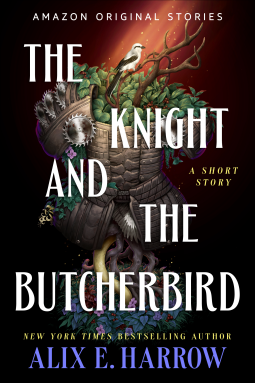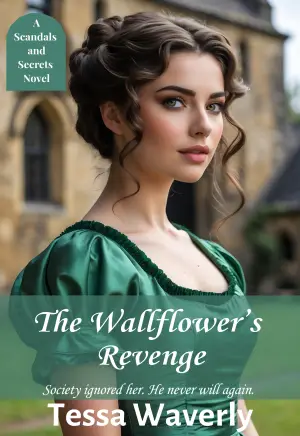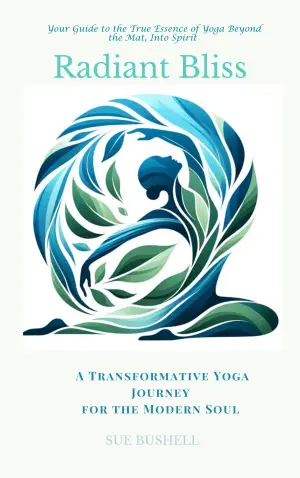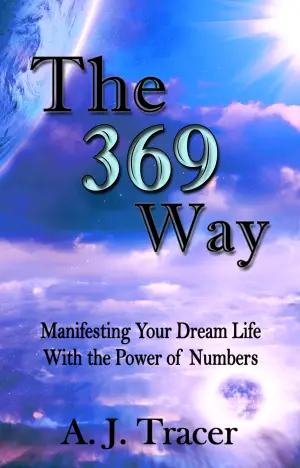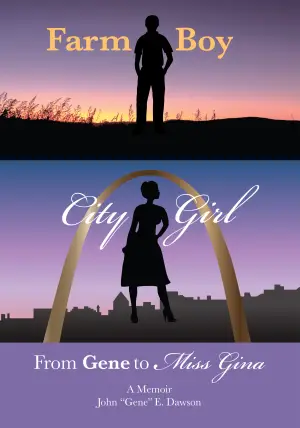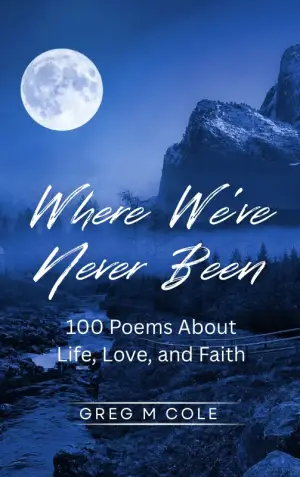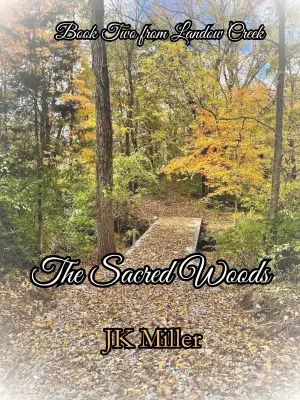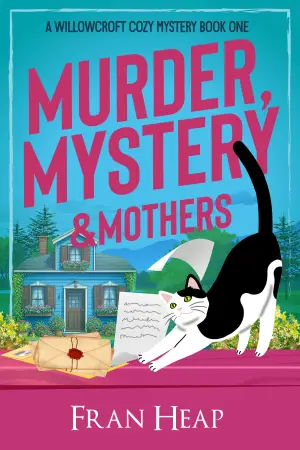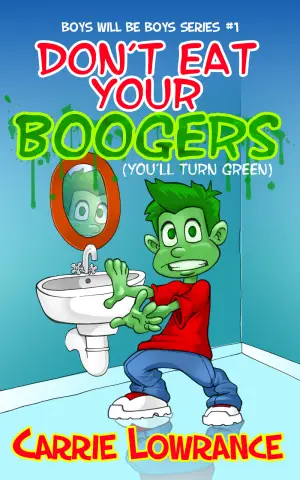Discovering the Magic of Alix E. Harrow in The Knight and the Butcherbird
As a long-time admirer of Alix E. Harrow’s evocative prose, I was exhilarated to dive into her latest endeavor, The Knight and the Butcherbird. Harrow’s previous works had already enchanted me, especially The Ten Thousand Doors of January, and I was brimming with anticipation for this new addition to her repertoire. When I stumbled upon it without a thorough look at the blurb, I was elated to unveil a world crafted with her signature artistry—filled with tantalizing twists, lyrical language, and richly developed characters.
Set against the haunting backdrop of Iron Hollow, a town grappling with its own demons in a post-apocalyptic landscape, the story features a seventeen-year-old protagonist named Shrike. Through her first-person narrative, we journey alongside Shrike as she navigates the arrival of a legendary knight summoned to battle a lurking monster. The interplay between Shrike and the knight is nothing short of fascinating—a classic tale of mutual distrust slowly blooming into a complex bond. I found myself rooting for both characters, each grappling with their convictions and desires amid the waves of fate and circumstance.
Harrow’s writing style is a melodic dance of vivid imagery and intricate vocabulary that captivates the senses. Her knack for setting an atmosphere deeply rooted in nature not only enriches the narrative but breathes life into Iron Hollow itself. Each resident’s name, an homage to the natural world, felt like a conscious choice that mirrored the struggle between their humanity and the wildness encroaching upon them. As I read, I was spellbound by the remarkable fusion of dystopian and fantastical elements within just 36 pages—a feat only an author of Harrow’s caliber could accomplish.
The book holds a mirror to the real world, exploring themes of class disparity and the inherent resistance to change, which resonated deeply with me—especially given the parallels it drew to contemporary issues. The unexpected twists in the plot gave me pause, reminding me that even in brief narratives, Harrow masterfully layers complexity.
While the pacing leans slightly toward a slow burn, I found it didn’t detract from my engagement with the story; rather, it allowed me to savor the unfolding events and Shrike’s introspective moments. However, I can appreciate that this rhythm might not appeal to all readers. Similarly, Shrike’s reflective musings about her past added depth but occasionally felt intricate for the short fiction format.
Despite these minor qualms, the end left me in a delightful tangle of emotions. It was both surprising and just a tad too swift, leaving me yearning for more. I found myself wishing for a full-length novel set in this captivating world, just to explore the depths of its characters and themes further.
Ultimately, I would highly recommend The Knight and the Butcherbird to fellow lovers of dystopian fantasy and short fiction. Alix E. Harrow continues to prove her prowess in crafting immersive, meaningful narratives, and this story is no exception. It left me with a renewed sense of wonder and countless lingering questions—an invitation to delve into her work once again.
Rating this gem at 4.25 stars, I’m grateful for the opportunity to experience such a vivid tale brought to life by a truly creative mind. If you’re looking for a story rich with imagination, heart, and just a touch of darkness, look no further.
Discover more about The Knight and the Butcherbird on GoodReads >>

